Green Land: Biological Nematode Control Agent
The green land biological nematicide is perfect for home gardening and large-scale farmers. The biological nematicide is based on a selected strain of naturally occurring fungus and assists in suppressing root-knot nematodes.
Green land nematicide is used to kill nematodes – tiny, parasitic worms that live in water or soil. Although threadlike critters are microscopic, they can cause major damage when they feed on plant tissue or roots.
Target pests: Root-knot nematode, Remiform nematode, Cyst nematode, Golden cyst nematode, Citrus nematode, and Lesion nematode.
Mode of Action
Green land; Paecilomyces lilacinus CGAIPFPS-01 is strongly parasitic to all stages of development of common plant-infecting nematodes, especially the eggs. Spores of the fungus also adhere to the cuticle of the vermiform stage of nematodes as they migrate through the soil. The spores germinate and penetrate the cuticle and engulf the nematodes. The hyphae of the fungus can also be entering the eggs, Iuvenils, and male, and female nematodes through body openings such as the anus and vulva. The developing fungus kills the nematodes by feeding on its body contents. The fungus acts as a parasite on the nematodes.
Apply 25-30g of Green land nematicide in 16 Litres of Knapsack sprayer or just apply directly to the soil and water the soil afterwards.
Ways to Reduce Damage by Nematodes
- The addition of manure, compost, or another organic material is one non-toxic way to reduce the damage caused by nematodes. By improving soil structure and water retention, organic material creates a healthy environment that increases the chances of plant survival even when nematodes are present.
- Deep, infrequent watering helps create healthy, nematode-resistant roots. Avoid high-nitrogen fertilizers, which produce lush growth and nematode-prone roots.
- Growing plants in above-ground containers can also reduce damage caused by nematodes. Make sure to use a clean potting mix that hasn’t been contaminated by regular garden soil.
Note: Plant-parasitic nematodes are at their most vulnerable during their active phase in soil when searching for the roots of host plants. Once endoparasitic species have penetrated a root, control with chemicals is more difficult as nematicidal compounds have to be non-phytotoxic and preferably systemic.

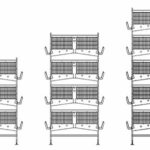


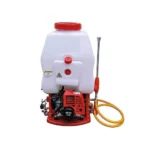
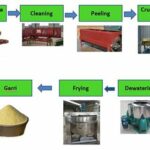

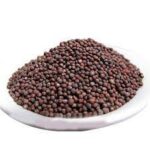






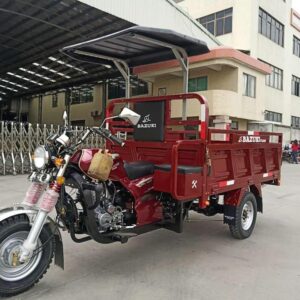
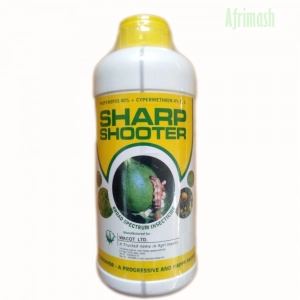

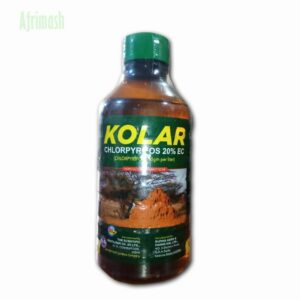
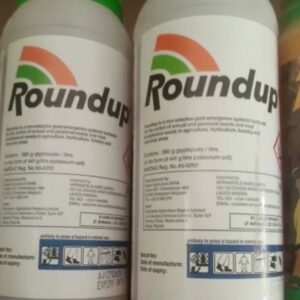
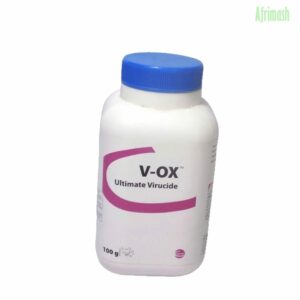

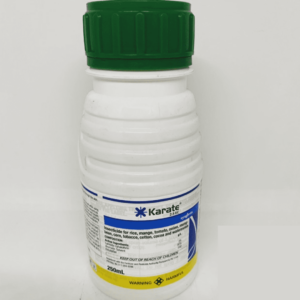
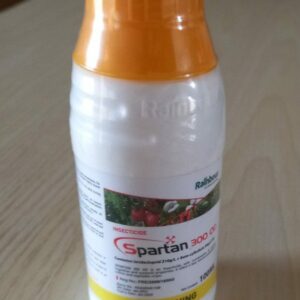
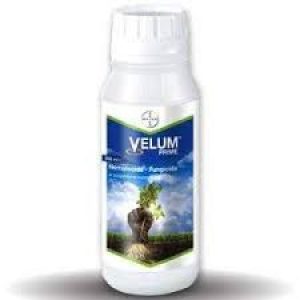
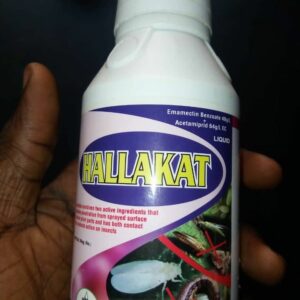
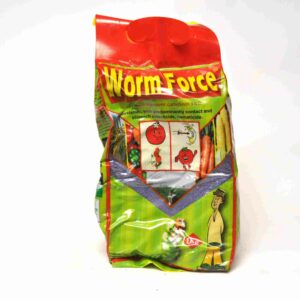

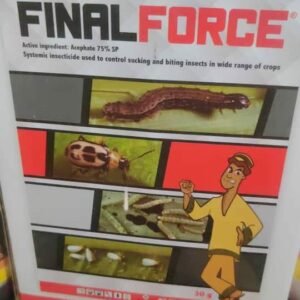
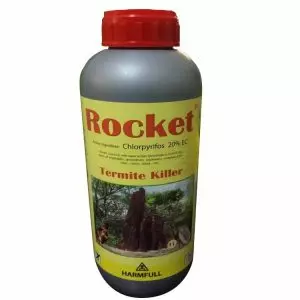
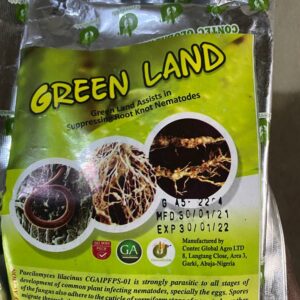
Reviews
Clear filtersThere are no reviews yet.